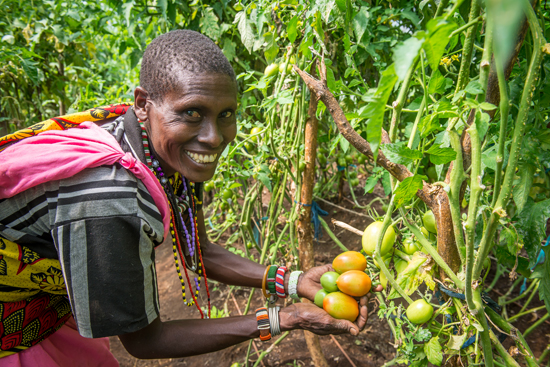NGOs hailed a financing conference in the Ethiopian capital as one of the most important meetings of the year – but that was before it happened. One attendee is worried by the slow rate of progress The UN Financing for Development Conference in Addis Ababa this month was the strangest international conference I have been to. It aimed to encourage governments, the private sector, charities, the EU and the UN to pledge money for aid work. While it wasn’t the case that everything was sewn up beforehand with leaders just turning up for the fanfare – as sometimes happens – it wasn’t clear beforehand if participants would debate various paragraphs of the document it aimed to produce, rake over the whole text line by line, or do neither. In the end, between the speeches, round-table discussions and side events, only one paragraph, about tax, was changed and the Addis Ababa Action Agenda (AAAA) was approved – to rejoicing by some and a deep disquiet from others.
The UN Financing for Development Conference in Addis Ababa this month was the strangest international conference I have been to. It aimed to encourage governments, the private sector, charities, the EU and the UN to pledge money for aid work. While it wasn’t the case that everything was sewn up beforehand with leaders just turning up for the fanfare – as sometimes happens – it wasn’t clear beforehand if participants would debate various paragraphs of the document it aimed to produce, rake over the whole text line by line, or do neither. In the end, between the speeches, round-table discussions and side events, only one paragraph, about tax, was changed and the Addis Ababa Action Agenda (AAAA) was approved – to rejoicing by some and a deep disquiet from others.
In many ways, the AAAA consolidates a new orthodoxy in development finance, particularly on three central themes of tax, sustainable development and the role of the private sector. The need for raising more money domestically through taxes, business revenues and other sources was central to all discussions, even if the strong calls from civil society and many governments for a UN-led tax body weren’t successful. The need for all development finance to contribute to sustainable development was clear, based on a move away from fossil-fuel-based energy production to clean, renewable energy. The role of the private sector was promoted by many governments and international institutions as the only way to mobilise the development finance that is needed.
 However, as the first in the three UN conferences on development this year (with the General Assembly on the Sustainable Development Goals in New York in September and the Paris Climate Change Summit in December), the AAAA is somewhat of a false start and shows the conference hasn’t delivered on its own objectives.
However, as the first in the three UN conferences on development this year (with the General Assembly on the Sustainable Development Goals in New York in September and the Paris Climate Change Summit in December), the AAAA is somewhat of a false start and shows the conference hasn’t delivered on its own objectives.
Firstly it failed to tackle some of the structural issues that keep poor countries poor, such as ongoing debts. Companies shifting profits from where they are made, such as in copper mines in Zambia, to countries where they’ll get taxed less, also deprives poorer countries of billions of dollars of potential income. While tax dominated the agenda – and is an issue won’t go away – ultimately we saw little progress on these issues.
Secondly, while Addis needed to mobilise the finance required to implement the sustainable development goals, no significant new finance was forthcoming. The AAAA expressed concern that overall very few countries are meeting their commitments on development finance or on climate finance, which is urgently needed to tackle climate change and support those already affected by changing weather patterns, loss of crops and sea-level rises, mainly in the world’s poorest countries.
These issues have been bumped to the summits later in the year or to other international fora. However, they need to be tackled if we are really going to eliminate poverty and protect our common home. Governments need to step up a gear.
In his recent encyclical letter Laudato si’, Pope Francis calls for the common good to trump vested interest and suggests leaders must respond with urgency to the current crisis if they are to meet “the needs of the present with concern for all and without prejudice towards coming generations” (#53-57).
After the conference in Addis this call is increasingly relevant.
Graham Gordon is head of public policy at Cafod
Above: Cafod's development work includes this environmentally friendly greenhouse project in Kenya, which uses a solar-powered water pump and enables people to sell or eat their produce


 Loading ...
Loading ...
What do you think?
You can post as a subscriber user ...
User comments (0)